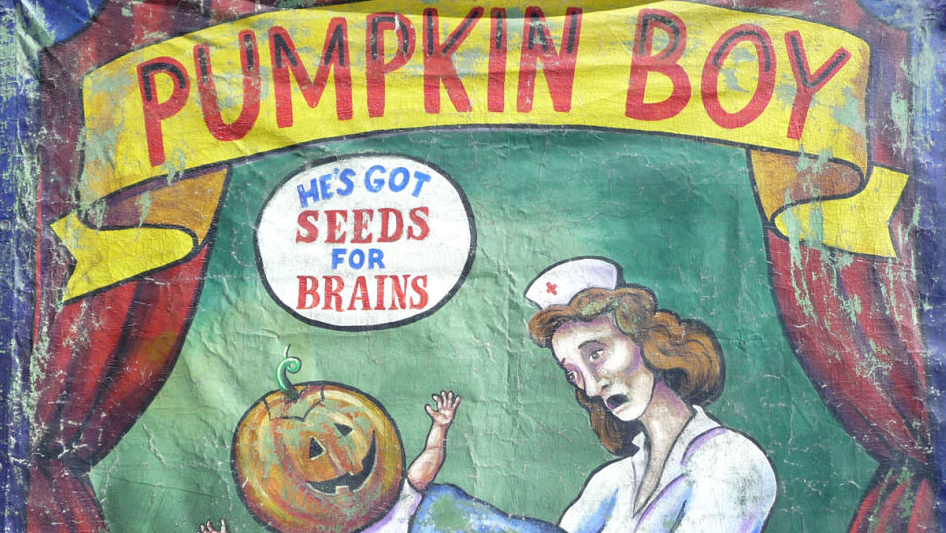Switzerland is a very prosperous country. It has been spared all the wars in Europe over the last 400 years. This is a true story and is based upon actual costs. Supply and demand is affected by many things in the real world: taxes, government intervention, location, transportation, etc. Given that my son lived outside Zurich for 4 years, I was fortunate, from time to time, to be able to travel there.
On one occasion, we drove his car into the local town to get gas. Now, my son’s 4-cylinder Audi got roughly 35 to 40 mpg for both city and highway combined driving. So I asked him how much gas cost in Switzerland and he said that “it is sold in liters and we pay for it in Swiss francs but the U.S. equivalent is about $6.90 per gallon.” I was surprised because U.S. gas in the States at that time was about $2.00 per gallon. He said “this is cheaper than Germany. When I use the autobahn and drive to Munich, I usually pay about $8.00 per U.S. gallon.” We filled his car and I pumped the gas and he went in and paid. When he came out I asked him what the total cost was and he said “about $110.00 U.S. dollars.” I was surprised as this was a lot more than I expected but he mentioned that “we buy gas only twice a month. The rest of the time we use the train.”
We drove to the next town to the larger supermarket. We were picking up a 4 pound roast for the coming Sunday dinner. I again asked “is beef expensive in Switzerland?” “Yes, he said, the Swiss eat primarily pork, veal and chicken. There are not many cows in Switzerland.” A four pound roast was $50.00! My son then mentioned that he had to order the turkey for Thanksgiving. “There are no turkeys in Switzerland,” he said. “If you want a turkey, you have to order it and it takes about a week for it to be brought in.” My next stupid question was that “turkey must be cheaper than beef?” “No,” he said. It actually costs more. For our 20 pound turkey, we will pay about $80.00.” This is about $4.00 per pound for turkey and I was again surprised.
As we drove back to his house, I asked “is property expensive in Switzerland?” “Yes,” he said, “I pay about $4,400 Swiss francs per month for a 2400 square foot house that I rent.” It was a nice house with 3 floors of about 800 square feet per floor but $4,400 Swiss francs per month was very expensive. I couldn’t resist the next question when I asked “how much would a house like that cost if you bought it?” He said, “Oh, about one million Swiss francs.” He then explained that the Government controlled all land use in Switzerland. You needed permission to put up a new house, permission to tear down an old house and put up a newer house, and there were no subdivisions in Switzerland. About 80% of all the people in Switzerland rent. Only 20% actually own their own home. There were very strict rules on the architecture of each house and building.
Upon parking the car in the garage, the groceries were brought into the house. Upon completion of that task, my son suggested another- yet more exciting venture. “I will take you to the local Brau Haus in town. It is very nice but old – built around 1790.” We walked to the bottom of the hill and entered a tavern that took you back to the medieval times. Low beamed ceilings and long wooden tables with wooden chairs. We sat at a table with 20 other people and my son order “swei grosse biers.” I asked him why he used his thumb and one finger rather than two fingers? He said “they count your thumb as one so if I used two fingers we would get three beers.” The beers came and I was shocked to see the size of the steins – over 40 ounces. “Beer must be expensive also?” “No,” he said “it is relatively cheap. These steins cost about $1.90 U.S. dollars each.” The government keeps the price low to appease the Swiss. They would revolt if beer got expensive.” “Drink slowly,” he said, “as the beer is 8% alcohol by volume.”
We walked back up the hill and my son said, “wait until tomorrow- I will show you more.”








